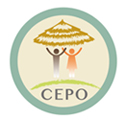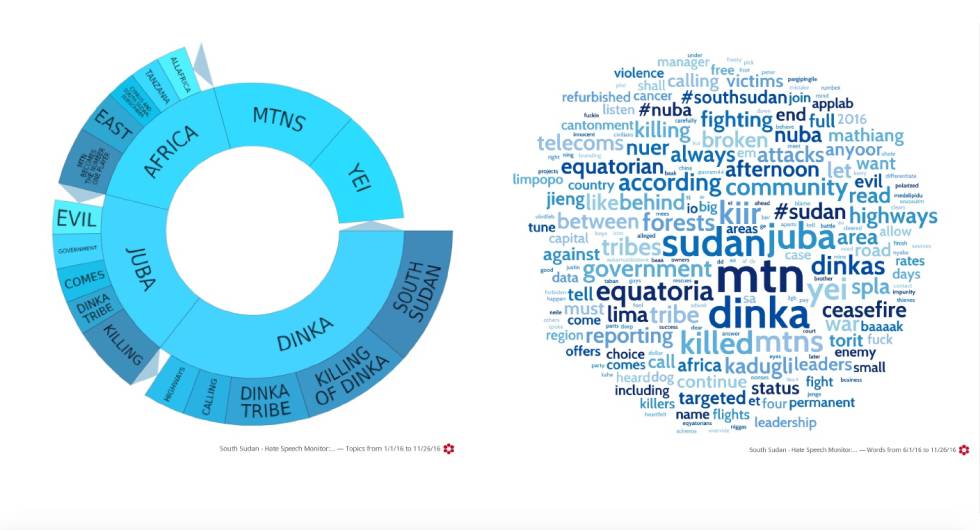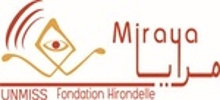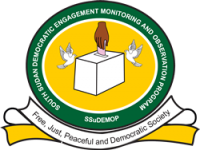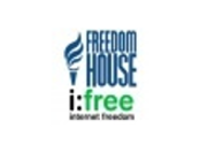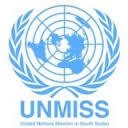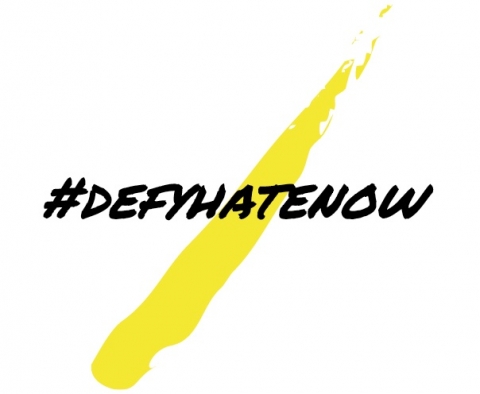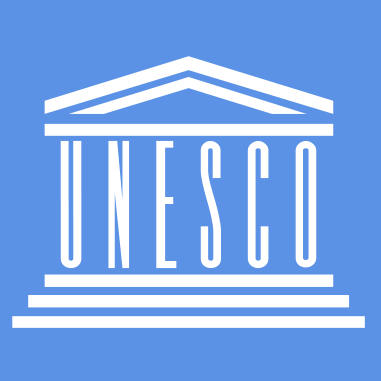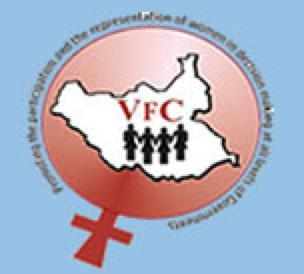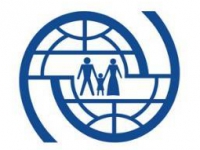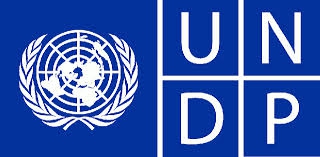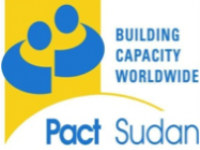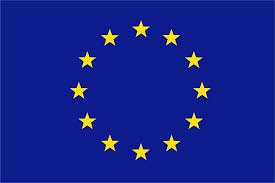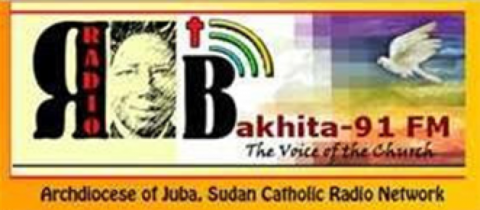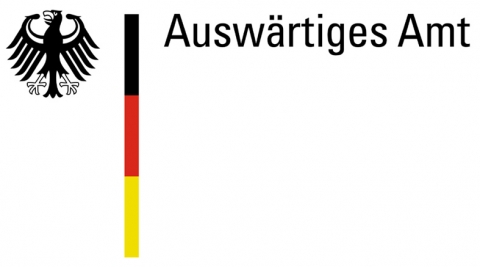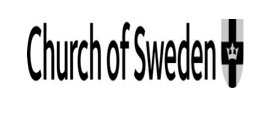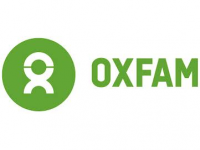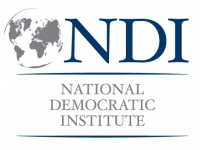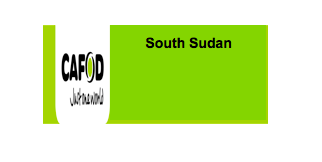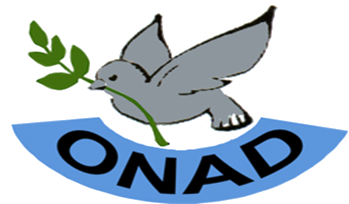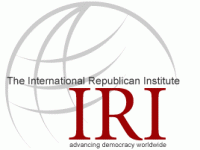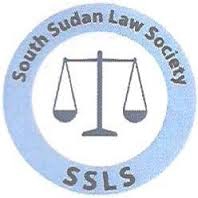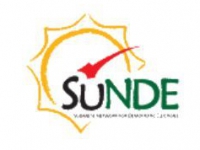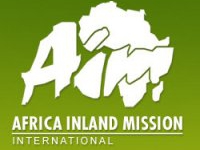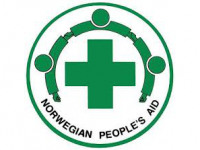There are words that kill. In the case of South Sudan , social networks have emerged as a new front of the ethno-political conflict that puts the country on the verge of genocide and has plunged several regions into famine this year, according to the UN and international experts. A war that has clashed with supporters of Dinka President Salva Kiir with former Nigerian President Riek Machar since December 2013. Although South Sudan is among the least developed countries in the world and 70% of its population is illiterate, Hate speeches and false news can break the Internet barrier and escalate violence in places where there is not even electricity. Given the seriousness of the problem, Local and international organizations have set to work to put a stop to it. One of the fruits of this collective effort is the Glossary of Words of Hate , which identifies for the first time the terms used to incite violence in social networks.
"So far, only we were looking for words like kill , Dinka and Nuer to identify hate speech in the nets. Now we can use new words and hashtags to do this and continue their journey from the diaspora to South Sudan, "explains the director of PeaceTech Lab Africa and promoter of the glossary, Theo Dolan. This NGO, led by the United States Institute for Peace and based in Nairobi (Kenya), has worked with sursudaneses resident in the country and abroad to define each expression, place it in its political and social context, and propose respectful alternatives. The project has a triple purpose: To help entities that combat hate speech to identify and counteract them; Create awareness among social network users about the danger of incendiary language, and promote the use of non-offensive words that allow the South Sudanese to express their frustrations without undermining the dialogue. Based on this lexicon, PeaceTech Lab has launched media maps and influential Internet users that fuel conflict and visualizations to follow the use of provocative words in the Networks. These resources are available to international organizations to guide decision making. "Understanding and mapping hate speech can help us trigger the alarm and prevent violence," Dolan adds. And promote the use of non-offensive words that allow the South Sudanese to express their frustrations without undermining the dialogue. Based on this lexicon, PeaceTech Lab has launched media maps and influential Internet users that fuel conflict and visualizations to follow the use of provocative words in the Networks. These resources are available to international organizations to guide decision making. "Understanding and mapping hate speech can help us trigger the alarm and prevent violence," Dolan adds. And promote the use of non-offensive words that allow the South Sudanese to express their frustrations without undermining the dialogue. Based on this lexicon, PeaceTech Lab has launched media maps and influential Internet users that fuel conflict and visualizations to follow the use of provocative words in the Networks. These resources are available to international organizations to guide decision making. "Understanding and mapping hate speech can help us trigger the alarm and prevent violence," Dolan adds. PeaceTech Lab has launched influential media and Internet maps that fuel conflict and visualizations to follow the use of provocative words in networks. These resources are available to international organizations to guide decision making. "Understanding and mapping hate speech can help us trigger the alarm and prevent violence," Dolan adds. PeaceTech Lab has launched influential media and Internet maps that fuel conflict and visualizations to follow the use of provocative words in networks. These resources are available to international organizations to guide decision making. "Understanding and mapping hate speech can help us trigger the alarm and prevent violence," Dolan adds.
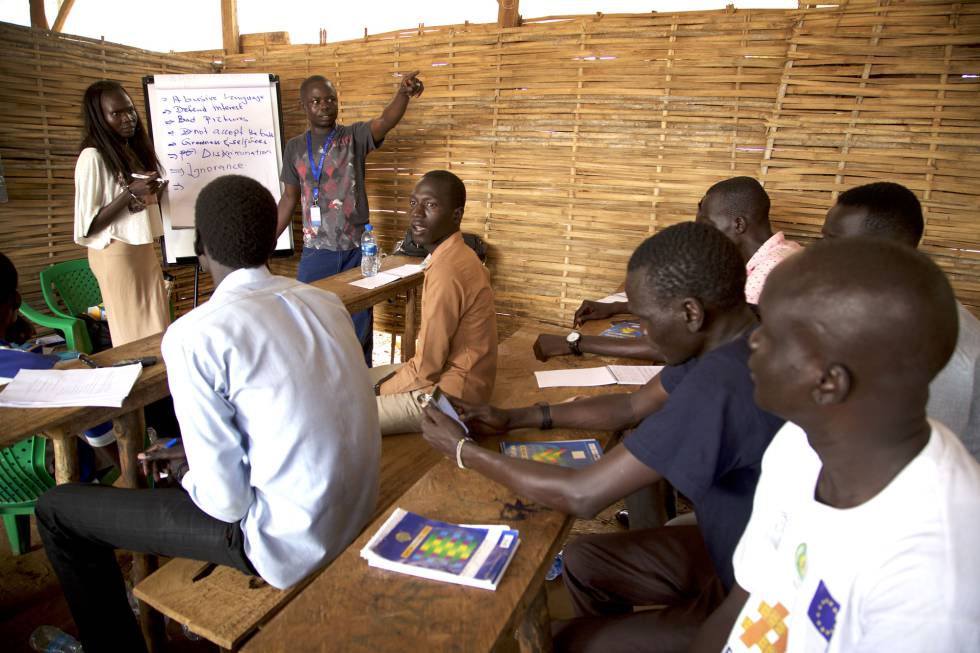
The relationship between social networks and conflict in South Sudan is not trivial. An example of this is that the UN Security Council has updated the mandate of the Peace Mission to "follow, investigate and denounce incidents of hate speech", and a group of experts from the Organization warned in a November report 2016 that "members of all parties to the conflict, including senior government officials, have used social networks to exaggerate incidents, disseminate falsehoods and covert threats, or issue messages of incitement" to violence.
A major obstacle to combating incitement to network violence is unwillingness and strong legislative frameworks to end impunity for perpetrators wherever they may be
Among the most frequent incendiary terms is dor , used by some Dinka to refer to other tribes as their slaves, and which evokes the time when Arab traffickers subjugated their captives with whips to the cry of pain ! (move on!). Another key word is MTN , which alludes to the motto of this telephone operator - wherever you go - to designate the Dinka as invaders of territories of other ethnic groups. "This word infuses fear by exaggerating the number and location of the Dinka in South Sudan, and it is an action-oriented code: an out-of-service MTN can mean an unarmed and attackable Dinka," the glossary reveals. For Dolan, This word illustrates the effect online aggression can have on the ground. His project identified the term on the networks in early 2016, and by the end of the year found that it had begun to be used in ambushes. "The assailants stopped vehicles on main thoroughfares and asked the driver if he had any MTN . To those present, they pulled them out of the seat and attacked them ", even killing them, he explains.
From Networks to the real world ...
A big question is where these incitations originate and how they spread among illiterate people and without access to the Internet. Although leaders of the parties to the conflict and their followers stir up hatred with false information and incendiary discourses on conventional South Sudan websites and media, a good deal of hate speech is generated in the diaspora, among the thousands of sursudaneses who have Fled the waves of violence in their home and reside in countries such as Australia, the United States, the United Kingdom and Canada - the wars against Sudan that led to the independence of the south in 2011, for example, are considered the continent's longest civil war .
![A user responds on Facebook with the contemptuous name of the Dinka as MTN, a telephone company whose slogan is Wherever you go: "The Dinka are the most important people in South Sudan. As you know, we liberate this [Sudan] country; Nothing makes us year because we run the country and when we begin to take revenge, there will be no country ". On the Nyamilepedia website, whose motto is the most reliable news and analysis, a user asks another if he is already "among the MTN killed" on the roads.](http://ep01.epimg.net/elpais/imagenes/2017/04/05/planeta_futuro/1491394133_546526_1491394594_sumario_normal.jpg)
![An opposition supporter says that a general of his armed forces is in charge of "ensuring that the traitors and cowards jenges [dinka] are fully cremated perfectly" in the south of the country. Social Networking and Web site captures by PeaceTech Lab Africa.](http://ep01.epimg.net/elpais/imagenes/2017/04/05/planeta_futuro/1491394133_546526_1491394673_sumario_normal.jpg)
Hate speeches spread through family and personal networks, and they do it fast: videos, messages and updates flow within a few hours from the diaspora in Australia to the US and reach South Sudan through a social network, An SMS or a simple phone call. Whoever has received this information will ride a motorcycle taxi and then walk to visit relatives in a remote village. With this person, the news will arrive. And here comes the problem: "Sur-Sudanese, especially in rural areas, rely on any information that comes from the diaspora. They believe completely in their words and act accordingly, "explains James Bidal of the Community Empowerment for Progress Organization (CEPO) , a local anti-hate organization and has collaborated with PeaceTech Lab in the glossary.
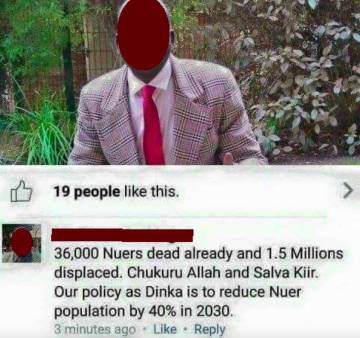
This is confirmed by Stephen Kovats, of Berlin's r0g_agency for open culture, at the helm of the #Defyhatenow initiative to fight hate speech in South Sudan: "Networks are a perfect way to incite violence, especially in places with levels So low literacy. Fear, hysteria and rumors can spread even faster because of the lack of truthful and verifiable information. " The situation is aggravated by the absence of press freedom, insecurity and lack of infrastructure, which prevent local journalists from accessing the scenarios of the conflict. "In this context proliferate fake news websites and politically oriented Facebook groups that support one or another faction," they warn from #Defyhatenow. "In some parts of the country, The false news is the only news, "they add. This includes images of other massacres - such as those of the Rwandan genocide - that pass as related to the current conflict in South Sudan. Perpetrators include both individuals who are more or less organized and funded, and young people who react on Internet forums without measuring the consequences of their words. In both cases, the work of the various organizations is key to reversing a trend of growing concern both within and outside the country. Like young people who react on Internet forums without measuring the consequences of their words. In both cases, the work of the various organizations is key to reversing a trend of growing concern both within and outside the country. Like young people who react on Internet forums without measuring the consequences of their words. In both cases, the work of the various organizations is key to reversing a trend of growing concern both within and outside the country.
Collective effort
In collaboration with local entities, r0g_agency focuses on raising awareness about the danger of incendiary language on and off screens; Educate in the critical and constructive use of social media and networks, and train internet users to identify and counteract incitement. "One of the goals is to occupy South Sudanese social networks with positive influences, rather than leave the space open for the agents of conflict," explains Kovats. For this reason, they have local collaborators dedicated to disseminate actions in favor of peace in social networks and to teach users to do the same . This strategy is not banal.
According to a report by PeaceTech Lab Africa, the repeated use of the word coward to denigrate communities in the south of the country - accused of not having taken the stature in the war of independence - has humiliated and encouraged them to take up arms To prove their worth, as shown by MTN attacks on highways. "The term plays a significant role in instigating conflict in various ways. Many social networking users argue that the government only deals with those who are armed, not with cowards who are betting on dialogue. " In October 2016, three political movements - not necessarily peaceful - were formed as a direct response to the use of this term, the document added.
Among the entities that collaborate to cope with the phenomenon are also the South Sudanese CEPO, which examines social and media networks, trains journalists and works with legislators, as well as the initiative of local artists #Anataban, which targets young people through Facebook, Twitter and Youtube and through music, art and street theater. "Young people are crucial to promoting both peace and violence: they involve the majority of the population, perpetrate much of the aggression on the ground" and are the main users of social networks, says #Abban co- founder Jacob Bul. In their view, a major obstacle to combating incitement in the networks is a lack of will and strong legislative frameworks to end impunity for perpetrators wherever they may be.
Challenges and priorities
The Internet has become a new front of war and false and incendiary messages in arms to exacerbate divisions and manipulate those who can hardly challenge them
Analyzing hate speech is complicated because language is constantly evolving and words can have roots in more than 60 languages of the country. Added to this is the difficulty of organizing online workshops given the poor quality of the Internet in South Sudan; The complexity of reaching a diaspora spread throughout the world, and the fact that users continue to report most offensive messages to social media managers and online media . To make matters worse, false news and loaded with negative stereotypes jump into the real world in a vicious circle difficult to stop. Even when the diaspora calls South Sudan to verify something it has seen or read, it can backfire: it not only fails to confirm the veracity of the information, But contributes, against its will, to spread it with unforeseeable effects. For this reason, the various entities demand strong mechanisms for monitoring and denouncing incitement, and an early warning system to identify threats and prevent violent acts. "The cost of inaction could be the first genocide induced by social networks," warns Kovats of r0g_agency.
Twenty-three years after the extermination in Rwanda, Radio Mille Collines'sexhortations to the massacre still resonate . Now, the Internet has become a new front of war and false and incendiary messages, in weapons to exacerbate divisions and manipulate those who can hardly challenge them. The future of South Sudan will depend on the national dialogue that takes place outside the networks, but also within them.
